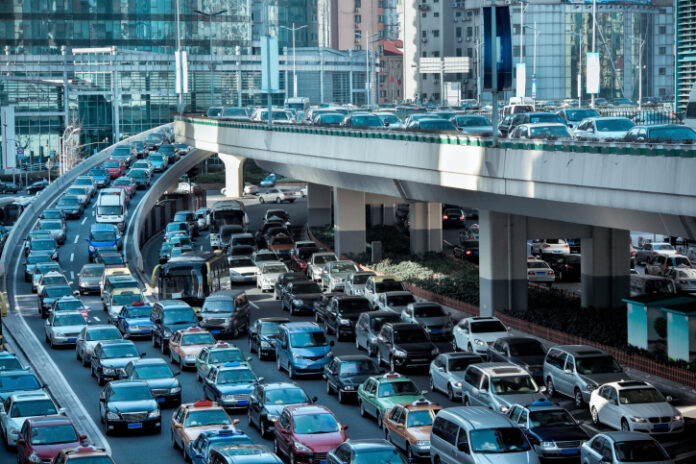- The report found the state ranked at or near the bottom in eight of the 13 metrics the report analyzed. The state also ranked last nationwide in Reason’s previous analysis.
Regionally, the Garden State’s highway performance ranks below New York (No. 46), Delaware (44), Pennsylvania (39) and Connecticut (31). States with larger populations, including Georgia (14), Texas (16), Florida (41) and California (45), ranked better than New Jersey.
“To start to improve in the highway rankings, New Jersey’s high costs need to better translate into better road conditions, like good pavement condition, less traffic congestion and fewer deficient bridges,” Baruch Feigenbaum, the report’s lead author and Reason Foundation’s senior managing director of transportation policy, said in an announcement.
“For example, New Jersey spends the most money per mile of highway but still ranks among the worst states in three pavement condition categories,” Feigenbaum added. “If New Jersey could improve its pavement quality to the national average, it would move up in the overall rankings substantially. As it is, the state has the worst of both worlds: high spending and poor roadways.”
The “state-controlled highway system” in New Jersey is the 46th largest in the country. However, the state’s highway costs are disproportionately high compared to every other state and are the most significant driver of its poor cost-effectiveness rankings.
Based on states’ spending data reported to the federal government, the study found New Jersey spends more than $1.1 million per highway mile the state controls. The state spends $929,000 more than California spends per highway mile and $762,000 more than New York spends per highway mile.
Repairing the country’s infrastructure is a hot-button topic. Congress recently passed a $1.2 trillion measure ostensibly to improve infrastructure nationwide.
“For too long, New Jerseyans have endured tough commutes – described by some as ‘hell’ and a ‘daily nightmare,’” U.S. Rep. Mikie Sherrill, D-New Jersey, said in a news release earlier this month about the bill, which President Joe Biden signed into law on Monday. “It takes them away from their families and makes the daily commute a constant guessing game of whether or not they will arrive at a meeting or kid’s soccer game on time.”
Originally published by The Center Square. Republished with permission.











